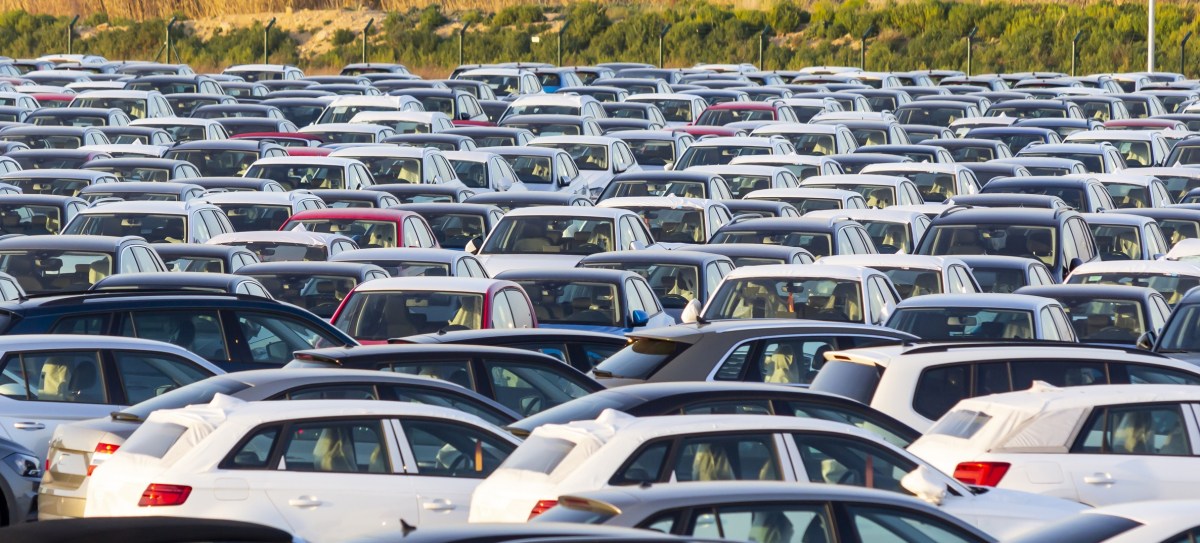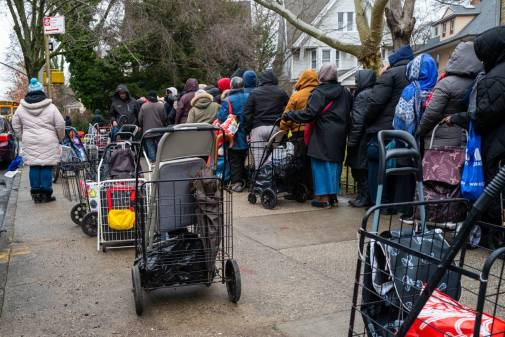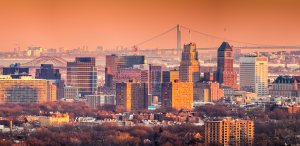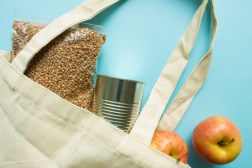Newark, New Jersey, taps car dealerships for food delivery

To address a coronavirus-related increase in food insecurity, Newark, New Jersey, is using interactive dashboards to connect local charities with car dealerships for food pickups and drop-offs.
Through a partnership with a nonprofit called the Do Good Auto Coalition, or DGAC, the city recently began tracking which neighborhoods receive the most food deliveries per month, which neighborhoods have requested the most assistance and which charities are donating to certain neighborhoods. The information will be updated weekly using an online dashboard maintained by Newark Mayor Ras Baraka’s office and Diana Lee, an advertising executive who started the DGAC two months ago as COVID-19 began to spread across the country. The dashboard is currently only visible to Newark officials and charities, Lee said.
“Since the charities don’t communicate with each other it is difficult to know if the areas with the most need are being addressed or if there are duplicated efforts to the same recipients,” a demonstration video explains. “This dashboard will show these discrepancies and identify the areas of greatest need in real time.”
Charities that participate in the program can fill out a form every week to share where their donations went and how many meals or other resources have been donated each month. The goal, Lee said, is to give Newark officials a better understanding of where to allocate government aid and to create more transparency around charitable action. For deliveries, dealerships use “certified used” vehicles or vehicles ordinarily used to deliver parts, but not new cars or cars used to transport customers whose own vehicles are being repaired, Lee said.
Lee, a co-founder of a firm called Constellation Agency that offers marketing services to car dealers, has also connected dealerships across the country with charities to help them deliver prescription medicine, food, and other items to seniors, health-care workers and low-income residents. At least 103 dealerships nationwide have participated, according to a DGAC map showing areas that have requested assistance and volunteers. Eventually, she said, the goal is to release a mobile app that charities can use to deploy vehicles from dealerships to pick up and deliver food on demand, like an Uber or Lyft service for meal delivery.






